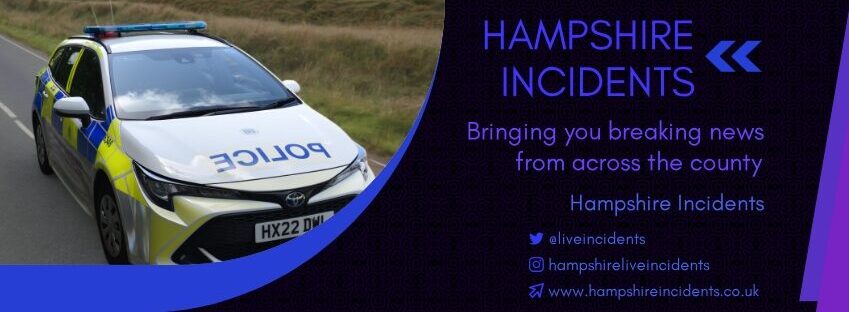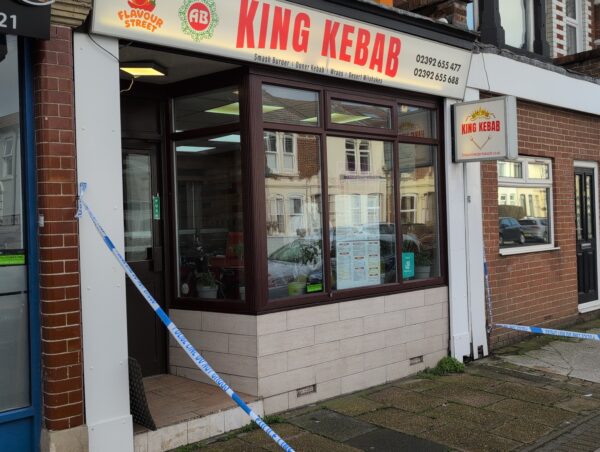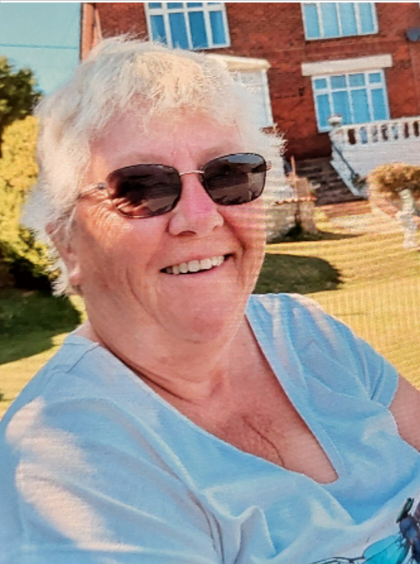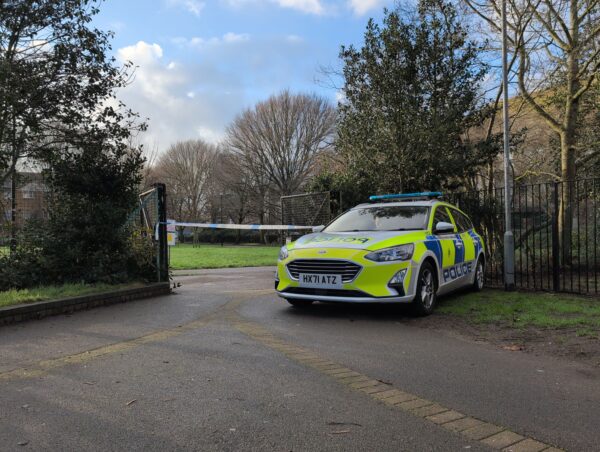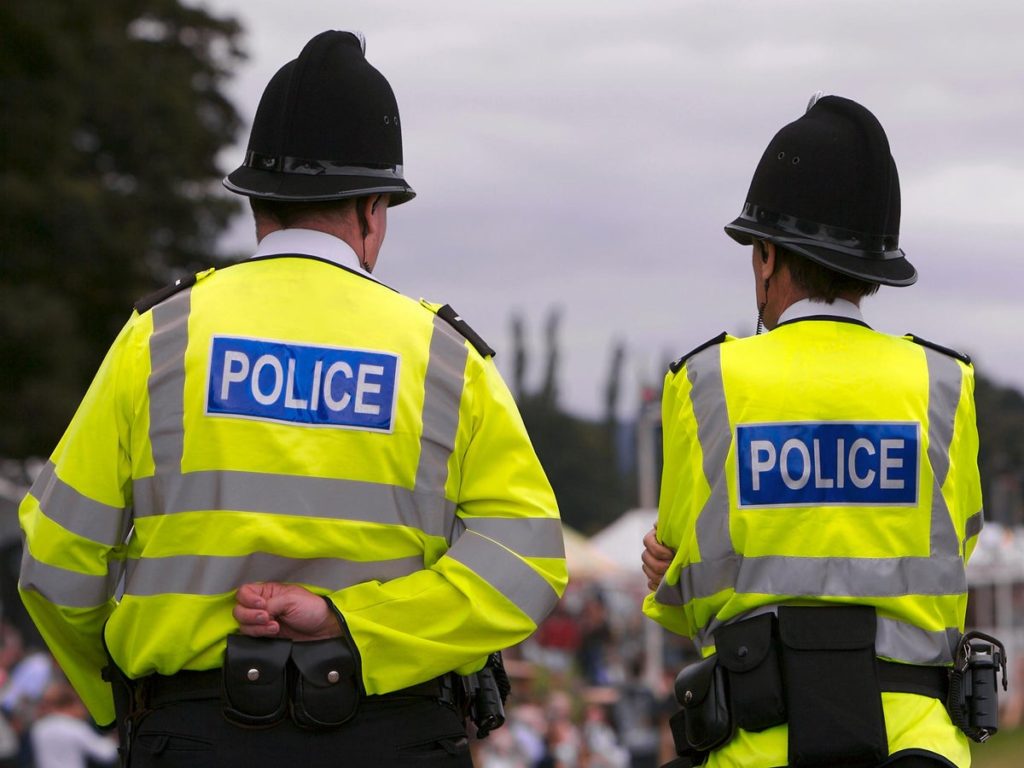
Hampshire police have issued information regarding tackling the rise in knife crime.
Operation Sceptre, a weeklong initiative to tackle knife crime, starts today, Monday 15th November. All 43 forces (England and Wales) and the British Transport Police will take part in the efforts to crack down on knife-enable crime and violence.
The week of action will see an intensification of work that takes place across Hampshire and the Isle of Wight day in day out to tackle knife crime. It gives the force an opportunity to focus on the different strands of education, engagement, prevention and enforcement, all of which are important in playing our part to reduce knife crime.
Engaging with retailers, youth groups and charities will be an important part of the week. Policing is working to target the root causes of knife crime, and early intervention will aim to stop those intent on carrying a knife. Work with youth groups and charities are a vital part of a communities led policing response.
We will continue to work closely with young people to further understand the reasons why individuals carry knives and also to educate them around the dangers and illegality of carrying one.
Most importantly, the week will aim to highlight that there are no positives to carrying a knife.
Hampshire Constabulary’s lead for knife crime, Chief Inspector John Halfacre, said:
“Knife crime can have a devastating impact on families and communities, police forces are working night and day to tackle this problem. Operation Sceptre offers us the chance to work across all forces to concentrate our efforts in tackling knife crime, a significant contributor of violence in the UK.
“The week will focus on many different areas, including education, engagement and prevention. This is a system wide approach and one we work closely with our partners to achieve. We are asking all forces to intensify the efforts that take place all year round in getting knives off the streets, potentially saving lives.
“We want those who may be carrying a knife out of fear to come forward and speak with police or an adult that they can trust such as a youth worker, teacher at school, charities or by calling crimestoppers. We want to help young people get out of the cycle of violence and stop the devastation caused to them and their families due to knife crime.
“You will see knife arches, honesty bins and officers doing weapons sweeps during the week as we work to remove knives and stop serious violence on our streets.”
Help and support:
You don’t have to be involved in knife crime. There is help and support available from:
www.knifefree, a campaign which aims to highlight the consequences of carrying a knife and to inspire young people to pursue positive alternatives.
You can also pass information about knife crime anonymously through Fearless, which is a site where you can access non-judgemental information and advice about crime and criminality, and report crime with 100& anonymity.
Anonymous reporting is also available through Crimestoppers on 0800 555 111 or visit crimestoppers-uk.org.
The topic of knife crime can be a scary one, and you can get support through the charity www.barnardos.org.uk and you can also speak to us by calling 101 and asking for the local Neighbourhood Team. In an emergency, always call 999.
Someone I care about might be carrying a knife. How can I help them?
The campaign #knifefree has some tips for people who are concerned about a young person becoming involved in knife crime, and they advise that when you speak to them, it’s important to be clear that they have a choice, even when they think they may not:
Young people face all sorts of pressures. Finding out why they carry can help lead to a solution.
Simply listening and giving time to a young person can encourage them to think about their decisions and behaviour.
Teaching them the consequences of knife crime can also help them to understand that carrying a knife is not the answer.
Making them understand how upset you’d be if they got caught with a knife or got injured could help them realise the impact their actions have on you and/or others.
